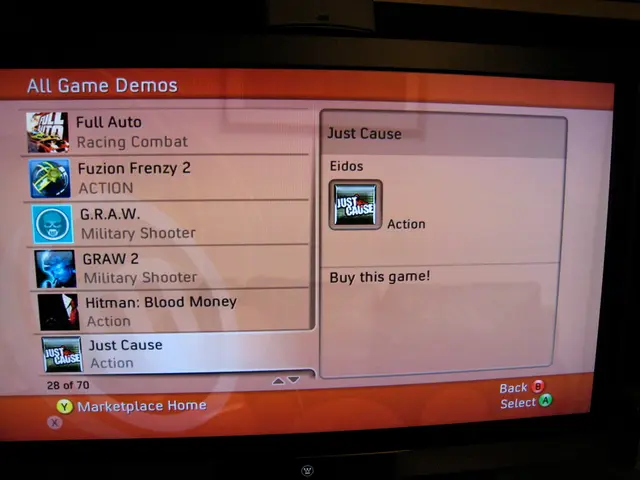Challenging American dominance, the development of a sovereign cloud by France and Europe emerges as a potential source of power shift.
Let's talk digital sovereignty, shall we? Hélène Bringer, the president of S3NS, dropped a knowledge bomb at their recent event in Paris. This tech extravaganza, held at the swanky Palais Brogniart, brought together a whopping 1,000 attendees, more than quadrupling last year's turnout. You guessed it - it's all thanks to the volatile, globe-trotting antics of President Donald Trump and his contentious policies towards Europe.
Now, S3NS isn't some fly-by-night operation. It's one of the babies born from the French government's "trusted cloud" doctrine, gestated in 2021. This philosophy advocates for cloud solutions that fortify against extraterritorial laws like the Cloud Act, which, in certain cases, empowers U.S. authorities to snoop through your data. But wait, there's more! This doctrine doesn't play hardball. It also supports hybrid solutions, like using U.S. software but under the watchful eye of a French corporation. So, expect S3NS to boast Google's cloud services by the end of September, armed with a "secnumcloud" certification, issued by the National Agency for the Security of Information Systems (ANSSI), that validates their commitment to the trusted cloud doctrine.
Now, if you're wondering what the heck the "Trusted Cloud" doctrine is all about, here's the lowdown. It's a stringent set of security and sovereignty rules for cloud providers responsible for sensitive data. To earn the coveted "SecNumCloud" certification, providers must ensure data residency within the EU, use top-notch encryption, and remain free from foreign extraterritorial laws, like the forbidding CLOUD Act. This slick framework syncs with the Cigref Trusted Cloud Referential, which lays out the functional requirements for data protection, and the Gaia-X Trust Framework, which is all about European interoperability and legal compliance.
So, what's S3NS's secret sauce? They're building a localized infrastructure to house their data exclusively in France, managed by the robust Thales cybersecurity team to meet SecNumCloud’s rigorous residency and encryption standards. With pen and paper in hand, they're structuring contracts and operations under French law, reducing their exposure to gnarly foreign legislation, like the CLOUD Act. Last but not least, they're employing Thales' cybersecurity weapons, such as encryption and access controls, to guarantee Google’s cloud services follow the French sovereignty rules to the T.
Sure, there may be some ambiguity about the nitty-gritty of S3NS’s compliance mechanisms, but their strategy appears to be in line with many others: launching EU-based subsidiaries to legally and technically separate data from parent companies' home jurisdictions, minimizing the risk of foreign data-access demands. So, there you have it - a fresh take on S3NS's digital sovereignty game plan, served with a side of enlightenment. Enjoy!
- Hélène Bringer, the president of S3NS, discussed digital sovereignty at their Paris event, citing the controversial policies of President Donald Trump as a driving factor for the surge in attendance.
- S3NS, a French government-backed organization, is committed to the "trusted cloud" doctrine, which advocates for cloud solutions that protect against extraterritorial laws such as the Cloud Act.
- By the end of September, S3NS plans to offer Google's cloud services with a "secnumcloud" certification, a validation of their adherence to the trusted cloud doctrine.
- To ensure compliance with French data protection laws and minimize the risk of foreign data-access demands, S3NS is building a localized infrastructure, managing contracts and operations under French law, and employing Thales' cybersecurity tools.






